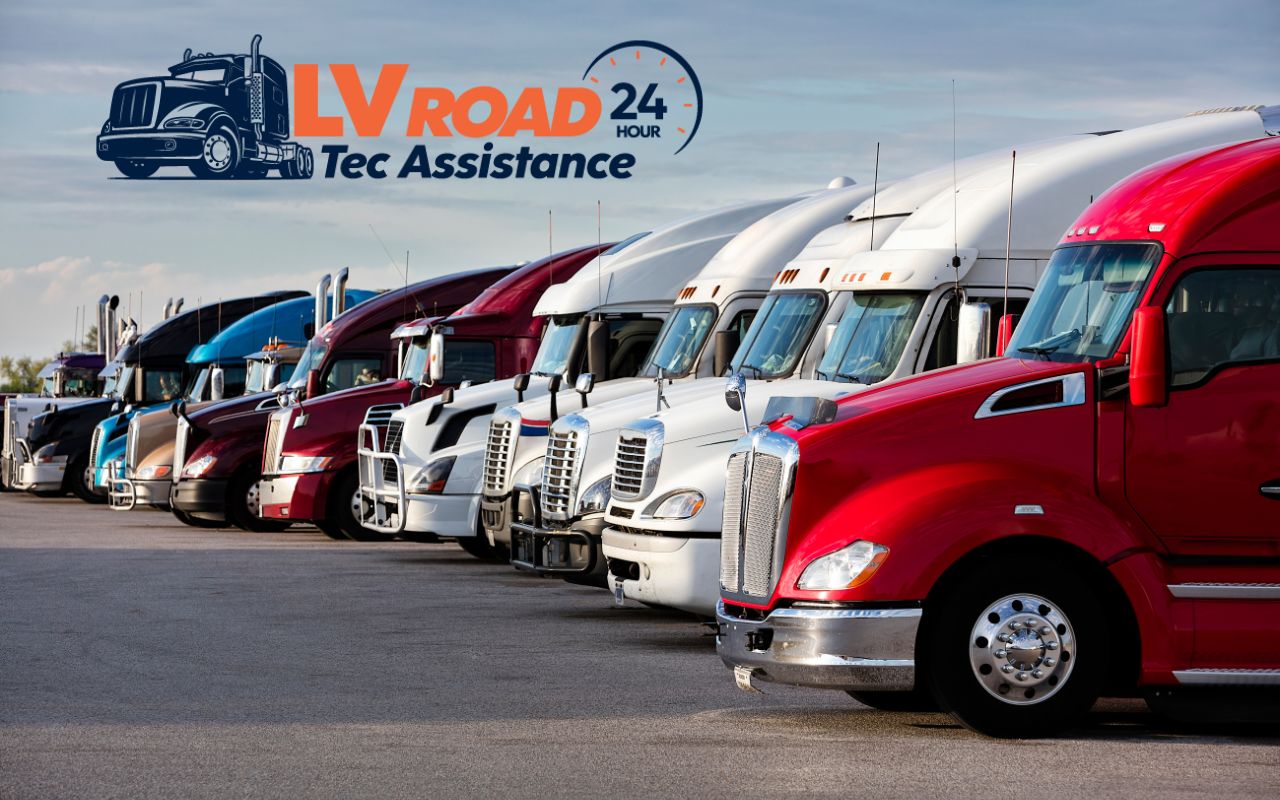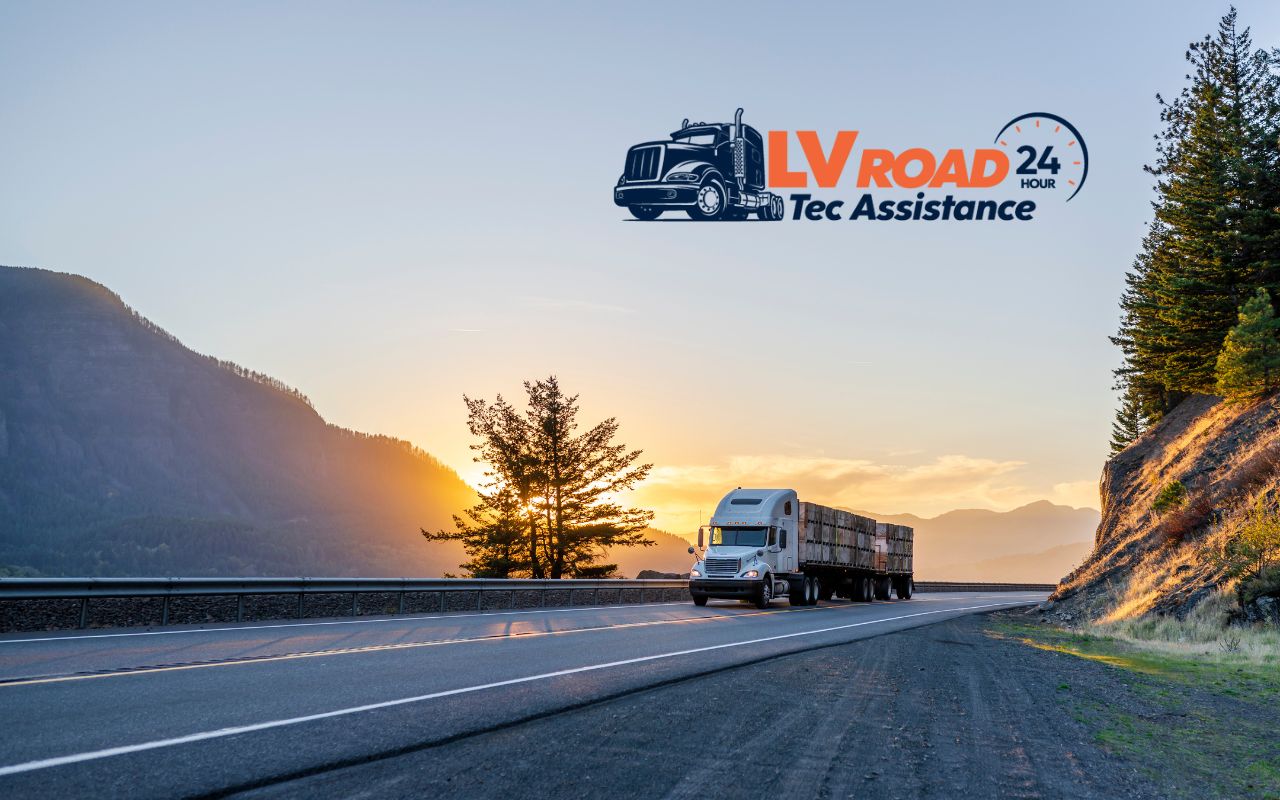
Why Is It Called a Semi Truck? Discover the Answer!
Why is it called a semi truck? This question sparks curiosity among many. The answer lies in its structure, involving two essential parts: one for carrying cargo and another for providing power. The term “semi” refers to the half-part, the trailer, that is semi-attached to the tractor. This setup allows for a versatile and efficient transportation solution. Let’s delve deeper into the origins of this intriguing name and what it signifies for the transport world.
Why Is It Called a Semi Truck? The Intriguing History Revealed
The Origin of the Name
Why is it called a semi truck? “semi” refers to the semi-trailer, which is only half of the equation. Unlike a full trailer, the semi-trailer attaches to and is supported by a road tractor at its front. This design makes the semi truck incredibly versatile in the transport industry.
Understanding the Components
The semi truck combines a semi-tractor and a semi-trailer. Specifically, the tractor is the powerhouse, pulling the trailer behind it. Additionally, the trailer carries the cargo, relying on the tractor for movement.
This setup makes loading and unloading goods easy, so many choose semi trucks for different transport needs.
The Advantage of Semi Trucks
Semi trucks offer a significant advantage over other transport methods: flexibility. Detaching the trailer from the tractor provides unmatched versatility for different hauls. The semi truck adapts to the challenge, whether heavy machinery or bulk items.
Why the Name Matters

Exploring Types of Semi Trailers
The semi truck world offers diverse trailers designed for specific cargo and transport conditions. Let’s delve into four common types:
- Flatbed Trailers: Flatbeds are incredibly versatile, with an open design that makes them ideal for hauling large, oversized items or equipment that doesn’t fit easily into enclosed spaces. Moreover, their open nature allows for easy loading and unloading from any side, making them perfect for goods like construction materials.
- Reefer Trailers: Reefers, or refrigerated trailers, are essential for transporting perishable goods that require temperature control. Reefers maintain specific climate conditions, especially for food products and pharmaceuticals, to ensure the cargo remains fresh over long distances.
- Dry Van Trailers: Dry vans, as the most common type of trailer, enclose and carry palletized, boxed, or loose freight. They protect cargo from the elements and theft, making them a preferred choice for transporting electronics, furniture, and non-perishable food items.
- Tanker Trailers: Tankers specialize in transporting liquids, gases, or dry bulk commodities. Designers equip tanker trailers with various materials and constructions to safely haul liquid or granular loads, ranging from petroleum products and chemicals to milk and water.
Each trailer type plays a crucial role in the logistics chain, offering solutions for safely and efficiently moving goods across distances. Consequently, these trailers with specialized designs carry a wide variety of cargo to satisfy the needs of different industries.
Professional Support with LV Road Tec Assistance LLC
At LV Road Tec Assistance LLC, we understand the vital role that semi trucks play in the logistics and transport industry. For that reason, our team of experts provides top-notch services to ensure your semi trucks are always ready for the road. Trust us to keep your fleet moving efficiently and safely.
Are you looking for reliable support for your transport needs? Contact LV Road Tec Assistance LLC today. Let us help you navigate the challenges of the road with confidence.
